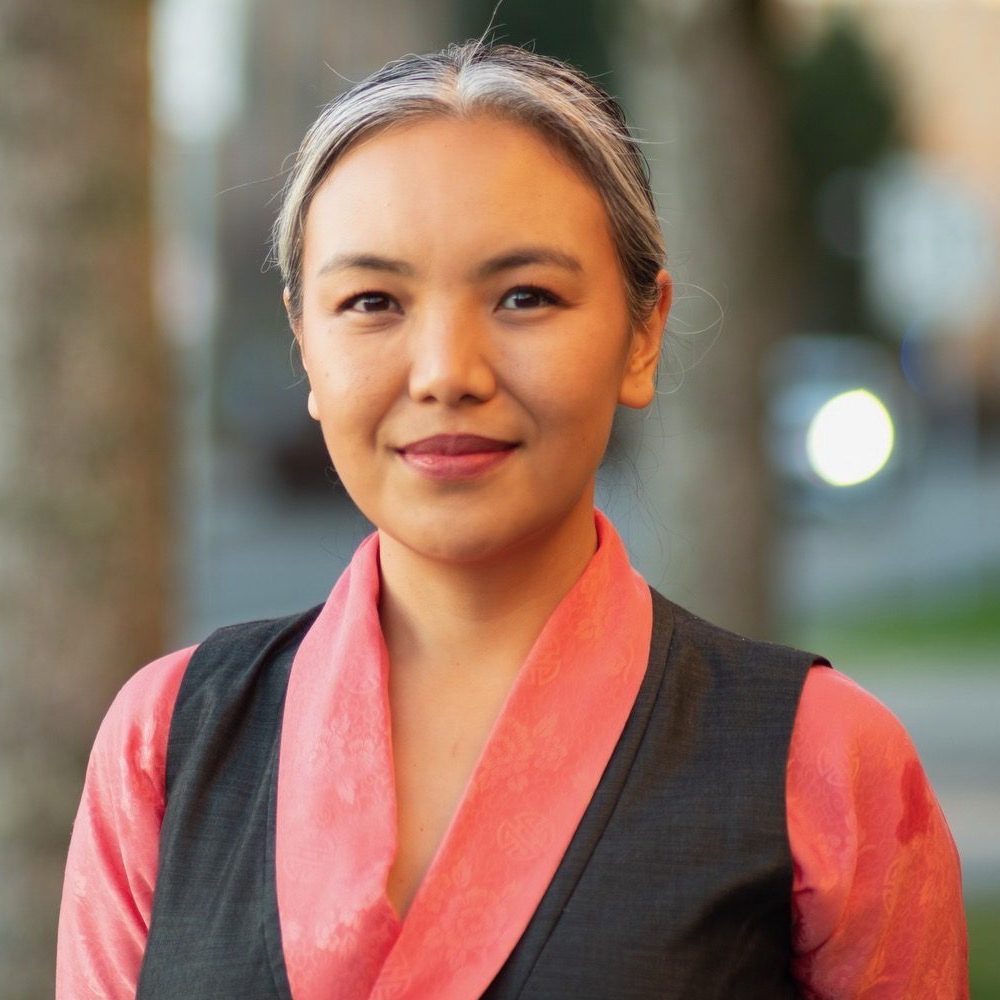Pasang Yangjee Sherpa
Research Area
About
Tashi Delek!
I am a Sharwa anthropologist from Pharak, southern part of Mt. Everest region in northeastern Nepal. My research, writing and pedagogy focus on climate change and Indigeneity among Himalayan communities, guided by the question: How do we live in the midst of dying?
I am currently involved in two collaborative projects. The first project titled Transnational Sherpas investigates what it means to be a Sherpa today. It examines cultural appropriation, representation, migration history, and the role of matriarchs in Sherpa society. It has come to fruition through a series of conversations with anthropologist Jim Fisher, and is based on six decades of ethnographic study of socioeconomic changes among Sherpas, primarily from Khumbu and Pharak.
The second project seeks just pathways for sustainable futures in the Anthropocene with geographers Ritodhi Chakraborty and Costanza Rampini. Together with geographer Mabel Gergan, our article pushed Himalayan environmental scholarship to take note of the critical work that already advances plural climate framework grounded in social and environmental justice. As contributing authors to the sixth IPCC Assessment Report, Chakraborty and I have also published critical reflections on how this dominant global climate knowledge producer can open up space for Indigenous peoples and local communities.
Teaching
2024-2025 Term 2 Courses
ASIA_V 553-B_042 – Indigenous Environmentalism in Asia and Beyond (B)
BUCH-Floor 3-Room B310 | Mon | 11:00 a.m. – 2:00 p.m.
FNEL_V 381-101 – Biocultural Diversity: Language, Community, and Environment
PCN-Floor 1-Room 1003 | Tue | 11:00 a.m. – 2:00 p.m.
